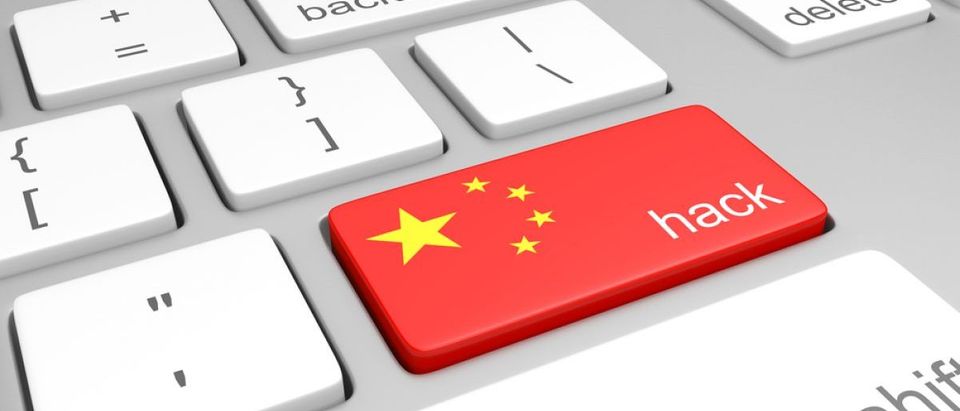U.S. companies participating in a government-run technology sharing “clean energy” program with China were reluctant to share their intellectual property (IP) over fears it would be stolen, according to a watchdog report.
The Government Accountability Office (GAO) reviewed the Energy Department’s U.S.-China Clean Energy Research Center, or CERC, and found U.S. companies participating in it were reluctant to share intellectual property with potential Chinese competitors.
“Although CERC participants reported no significant issues with DOE’s approach to managing IP risks, companies participating in CERC have been reluctant to share background IP as a part of CERC,” GAO reported.
“As a result, U.S. CERC participants only shared background IP with Chinese organizations for 3 of the more than 80 projects that took place in the first 5-year phase of CERC,” GAO reported.
GAO’s findings shouldn’t be surprising. China has a history of stealing IP from competitors and passing that information to state-backed corporations. In 2012, former FBI Director Robert Mueller warned Congress about Chinese hackers targeting American companies’ IP.
In 2015, the FBI reported a 53 percent increase in espionage cases against American companies. That’s especially true for green energy companies.
The Justice Department charged the Chinese wind turbine firm Sinovel for encouraging an employee to steal copyrighted information from a U.S.-based company, which the Chinese then used in turbines they sold. DOJ officials called Sinovel’s actions “corporate homicide.”
The Sinovel case is probably alarming for companies in DOE’s “clean energy” program with China. These companies are focusing on “clean coal, clean vehicles, and energy efficiency in buildings,” according to GAO.
“The scale of international theft of American intellectual property (IP) is unprecedented—hundreds of billions of dollars per year, on the order of the size of U.S. exports to Asia,” reads a 2013 report by the Commission on the Theft of American Intellectual Property.
The risks could be especially high since China has been looking for ways to curb pollution from coal plants and clear smog from its megacities. Chinese officials have also been interested in promoting electric vehicles as a way to reduce emissions from the millions of people driving in crowded cities.
“The seven companies we spoke with regarding IP issues said that they have their own IP protection strategies in place, and several said they generally considered it a risk to share IP with any other companies that are potential competitors,” GAO reported.
“Representatives of three of the companies mentioned that their companies had additional concerns about IP protection related to working in China for reasons such as a perception that the Chinese legal system will not reliably protect their IP rights,” according to GAO.
“To that end, CERC is planning to focus more on demonstration projects and other projects that are closer to commercialization,” GAO noted. “A member of the CERC IP experts group said that IP risk is greater once technology is closer to commercialization because companies have invested more in the technology.”
GAO did note, however, that while not much IP was shared with Chinese companies, some researchers found other ways to share information with their Asian counterparts.
“U.S. and Chinese CERC researchers exchanged other types of information as inputs to their projects in ways that helped to further their research, according to CERC lead organizations,” GAO reported.
“For example, some of the U.S. and Chinese organizations participating in the clean vehicles track agreed to share battery testing data,” GAO found. “Because many batteries must be discharged repeatedly to understand their full life cycle under differing conditions, battery testing can take from months to years; this agreement to share data eliminated months of testing time, according to representatives from the clean vehicles CERC track.”
Follow Michael on Facebook and Twitter
All content created by the Daily Caller News Foundation, an independent and nonpartisan newswire service, is available without charge to any legitimate news publisher that can provide a large audience. All republished articles must include our logo, our reporter’s byline and their DCNF affiliation. For any questions about our guidelines or partnering with us, please contact licensing@dailycallernewsfoundation.org.


